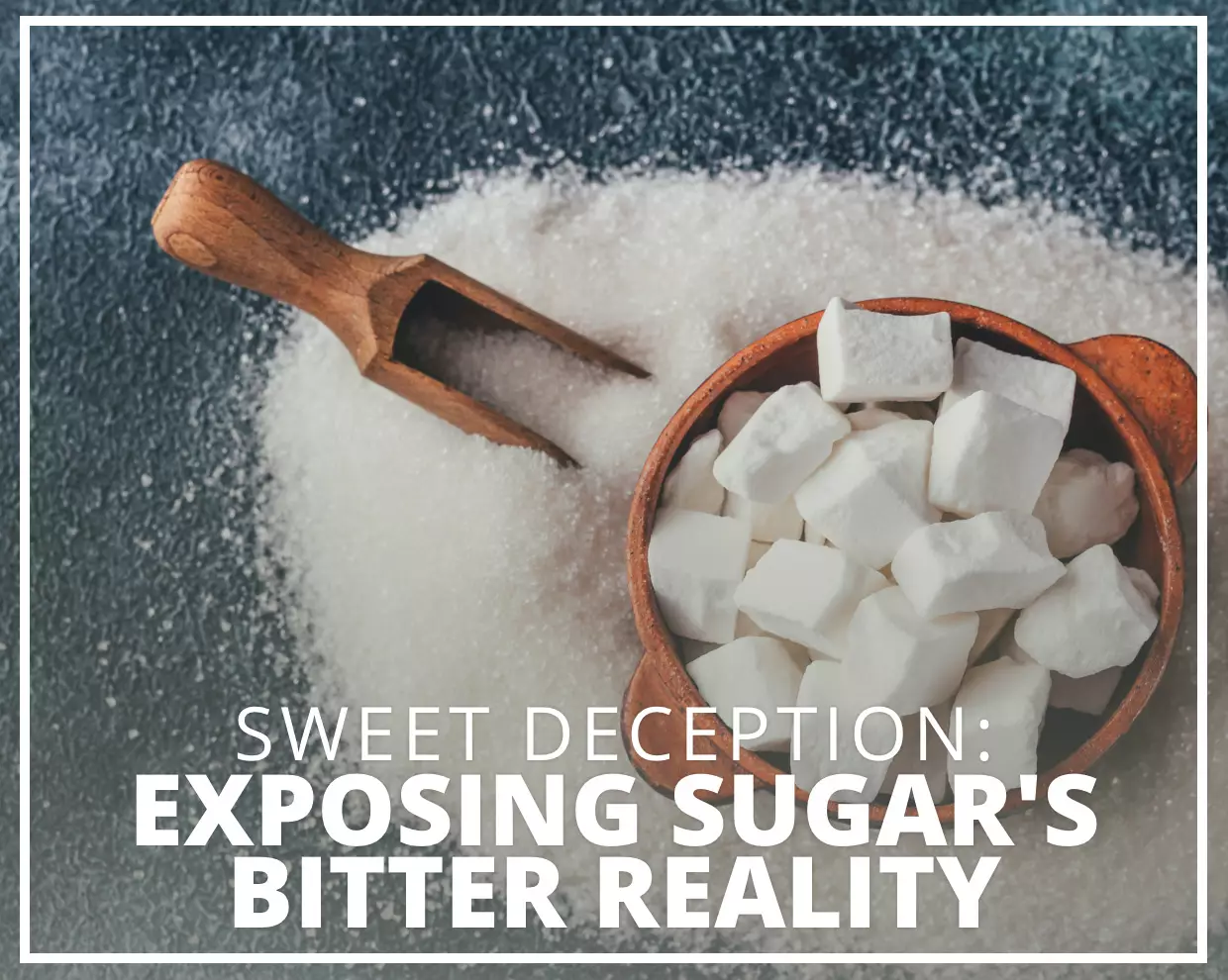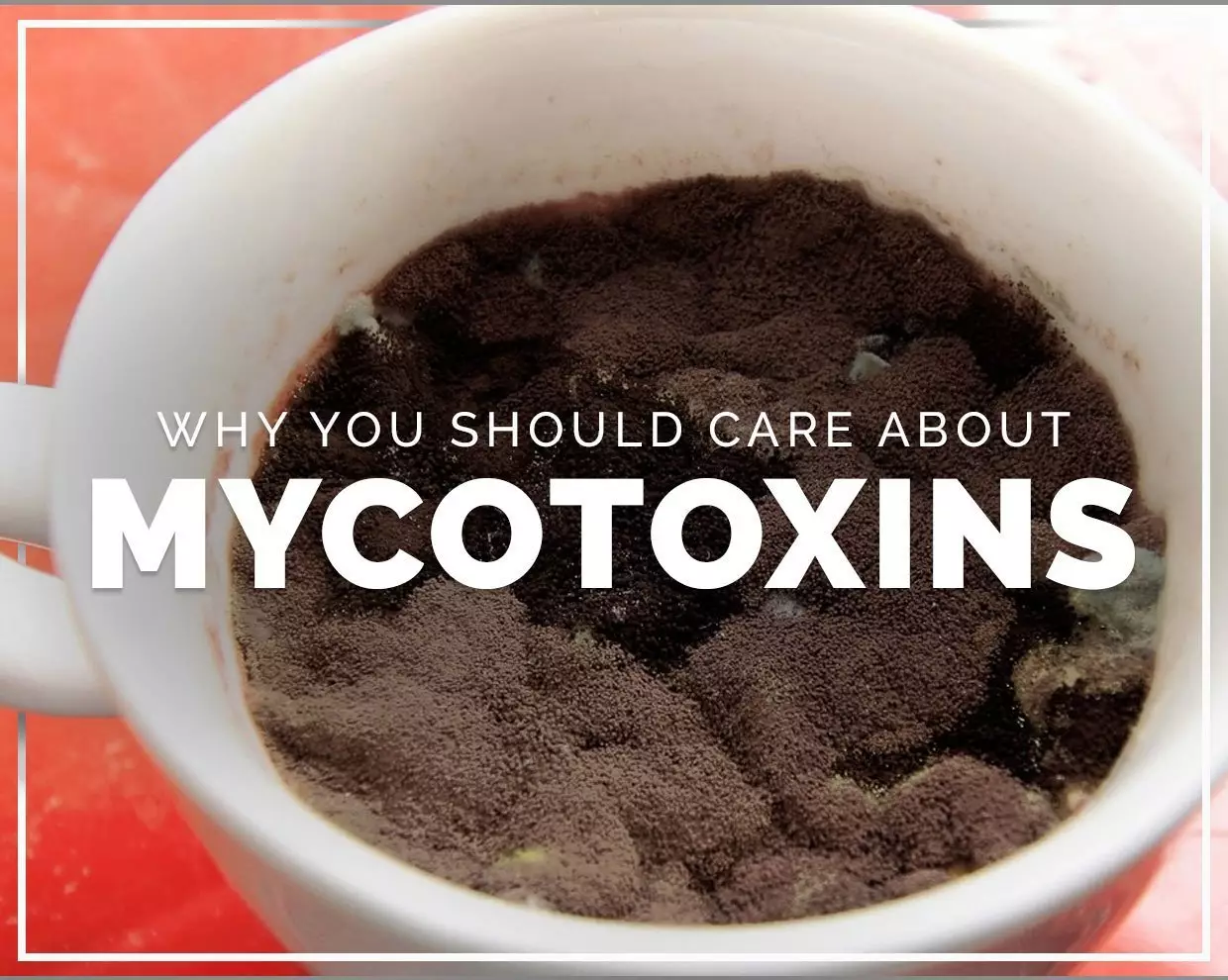The Science Behind Sugar: A Not-So-Sweet Story
Sugar, more technically known as sucrose, is a disaccharide composed of two simple sugars, glucose and fructose. [1] When we eat foods with sugar, our bodies break down the sucrose into these individual units, which then enter the bloodstream.
Glucose plays a crucial role in our bodies. It's the primary energy source for our cells, and it's the only type of sugar that our bodies can directly utilise. Glucose in the bloodstream triggers the release of insulin, a hormone that helps cells take up glucose for immediate use or storage for later use. However, when we regularly consume excessive sugar, our bodies are flooded with glucose. To cope, they must produce more insulin. Over time, cells can become less responsive to insulin's signal, leading to insulin resistance. This state is a precursor to type 2 diabetes, a chronic condition affecting how the body metabolises sugar. [2]
On the other hand, our bodies can't directly use fructose, so it's sent to the liver for processing. However, when we eat too much sugar, the liver gets overloaded with fructose. It starts converting excess fructose into fat, some of which stays in the liver. Over time, this can lead to non-alcoholic fatty liver disease (NAFLD), a condition where fat builds up in the liver, impairing its function. [3] Besides, multiple studies suggest a high intake of sugar, particularly in the form of sugary drinks, is associated with an increased risk of heart disease. [4]
The Hidden Impacts: Body & Mind
The effects of excessive sugar intake aren't limited to physical health. There's a mental aspect to consider as well. High-sugar diets can impact our brains, leading to impaired memory and reduced cognitive function. The brain is a major consumer of glucose, but too much of a good thing can lead to problems. A diet high in sugar can cause inflammation in the brain, leading to memory difficulties. Additionally, high blood sugar can impair the function of the hippocampus, an area of the brain essential for memory and learning. [5]
Moreover, eating sugar triggers the release of dopamine, a neurotransmitter associated with feelings of pleasure and reward. This 'feel-good' response can lead to a kind of addiction. After the initial 'sugar high,' a crash often follows as blood sugar levels plummet, leading to cravings for more sugar. This cycle can make it hard to control sugar intake and contribute to overeating and weight gain. [6]
A Spoonful of Moderation: Sugar Intake Recommendations
While sugar has negative effects when overconsumed, it's important to note that in moderation, it is necessary for the body. The World Health Organization (WHO) recommends adults and children reduce their daily intake of free sugars (sugars added to foods and drinks, and sugars naturally present in honey, syrups, fruit juices and fruit juice concentrates) to less than 10% of their total energy intake. That's roughly 50 grams (or about 12 teaspoons) of sugar per day for someone with a normal body mass index (BMI). However, a further reduction to below 5% or roughly 25 grams (6 teaspoons) per day would provide additional health benefits. [7]
Conclusion: Sweeten with Wisdom
The key takeaway is that it's not about removing all sweetness from our lives; it's about empowering ourselves with knowledge to make healthier decisions. Sweetness can remain part of our lives; we just need to ensure it doesn't overshadow the vital flavours of health and wellbeing.
Take a step towards a healthier lifestyle today by mindfully reducing your sugar intake. Swapping sugary snacks for fruit-, reducing sugar in recipes, and choosing water over sweetened drinks are a few practical strategies. Also, always be aware of hidden sugars in processed foods.
Your future self will thank you! The bitter truth about sugar may be hard to swallow, but acknowledging it is the first step towards creating a sweeter, healthier life.
References:
[1] Sucrose
[2] Consuming fructose-sweetened, not glucose-sweetened, beverages increases visceral adiposity and lipids and decreases insulin sensitivity in overweight/obese humans
[3] Fructose and sugar: A major mediator of non-alcoholic fatty liver disease
[4] Sugar-sweetened beverages and cardiometabolic health: an update of the evidence
[5] Glucose-sensing in the reward system
[6] Sugar and fat bingeing have notable differences in addictive-like behavior
[7] WHO calls on countries to reduce sugars intake among adults and children

 NZ Store
NZ Store  UK Store
UK Store AU Store
AU Store EU Store
EU Store















